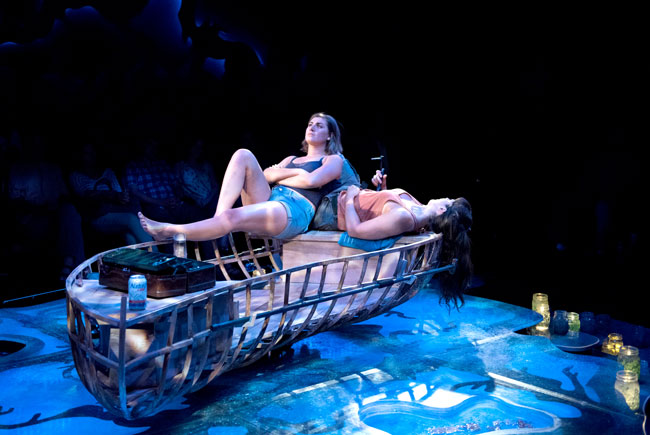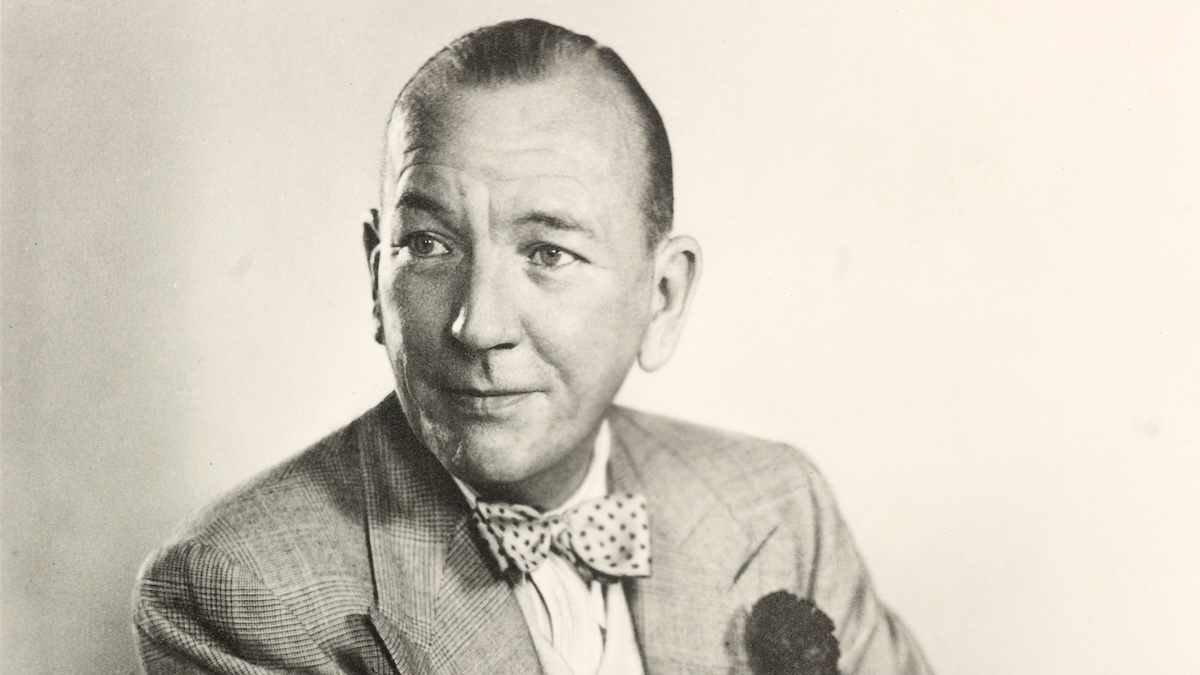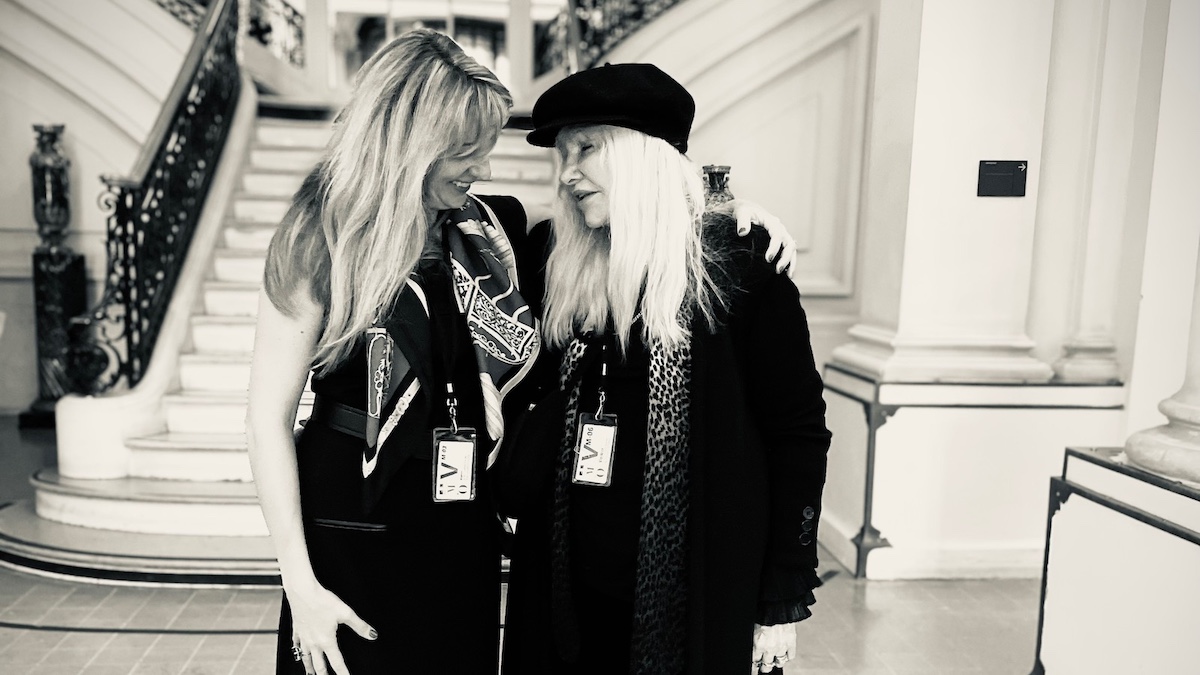
As the world premiere of my play The Gulf (Signature Theatre) gets underway, I’m having some thoughts about the past year and everything that I’ve learned along the way — and what a year it has been! I’m sitting in a rehearsal room on the 4th floor of this gorgeous theatre on Campbell Avenue and looking around at the walls of this space which are covered in images of boats, and waterways, and topographical details meant to convey the setting of The Gulf (a play set in my home state of Alabama), and I’m trying to wrap my brain around how I got here.
Over the years, learning the craft of playwriting, I’ve gotten all kinds of advice. Some of it was actually good advice. But when the creative juices are flowing, the concept of viability — whether or not my plays are “producible” — is the furthest thing from my mind. I want to write, write, write, and write only what I want to write. When I’m not actually writing, I want to daydream about the writing and take it to bed with me and make out with it and fall asleep with it and then wake up with it and do it all over again. This other “nuisance” — the practicality of playwriting — is a damned buzzkill, frankly. It is, after all, my whole heart and soul on the page. Don’t depress me with your logic!
I see a lot of people in various playwriting forums sharing their frustrations with the processes of getting produced and published, and everyone seems to be piling on with conjecture about how theatres don’t care about this or that, or how no one is interested in female playwrights or diversity, etc. I am by no means an expert, but I do know that ever since my play got picked up by Signature, I’ve finally seen this nebulous world from the inside, and I’ve learned a fair amount about play selection and business considerations. It occurs to me that other writers might learn from my experiences, so I’m hoping some of this will dispel a few myths or at least demystify the process.
The Gulf: Road to Signature Theatre
Last year, I dusted off my 25-minute piece, The Gulf, which (up to that point) had only seen one small local production, but was, in my estimation, something worth revisiting. So, I made a few adjustments and sent it off to the Samuel French Off Off Broadway Short Play Festival for consideration. Two months later, I got an email saying it had been shortlisted (top 30 out of a pool of 1500). After the shock wore off, I assembled a team (actors, director, stage manager), raised some money, and went to New York to compete. The play made it all the way, placing in the coveted top 6, winning publication and licensing.
During this same time, Ensemble Studio Theatre had also taken an interest in the piece, so I knew the play was an attention-getter and something I should try to capitalize on. It seemed right for expansion, and so upon returning to DC, I submitted an early draft of the adaptation to Signature Theatre’s SigWorks series. I should mention here that Signature is a theatre that is local to me and the series is designed to promote the work of playwrights from the Mid-Atlantic region. The play was picked up almost immediately as the first play in the new series. We had an incredible reading of the piece and the following morning it was optioned for a world premiere. WHAT?! It seemed that, for the first time in my playwriting life, everything was not only moving, but moving at the speed of light. Fast forward one year and The Gulf is getting its world premiere at a major regional theatre company almost a year to the day when we had our first public reading. Surreal! As much as I’d like to believe that the folks at Signature chose my play out of the goodness of their hearts, I recognize now that it was clearly a business decision. My play, simply put, is “good business.” Here’s how I know…
Winning Doesn’t Hurt
The Samuel French Off Off Broadway Short Play Festival is a fantastic gift to the world of playwriting. It truly is a writer’s festival. Every decision is made based upon what is in the best interest of the playwright. A win at this prestigious festival can herald the birth of a new playwright, thrusting them into the light. Of course, what we playwrights do with that opportunity is entirely up to us.The Gulf‘s win at Samuel French was not lost on Signature. And while it was by no means the deciding factor, it has afforded the theatre an extra degree of marketing leverage. Full-length adaptations of accomplished short works are a win for everyone involved. See my related piece, Write Your One-Act Play: The Short Form as Thriving Medium.
“Small” Plays Have Better Odds
Here’s the thing. “Small” plays give you options. By all means, write your ten-person play, just understand that most theatres don’t have the resources to gamble on a piece of that size from any playwright, let alone a complete unknown. One of the things that makes a play like The Gulf so appealing to artistic directors is its economy:
-
small cast (2 characters – both female)
-
short run-time (90 minutes, no intermission)
-
simple set requirements
Over the years people have encouraged me to write “larger” plays. I often feel a tinge of sadness at getting this advice from people in the industry. And the reason is this: I’ve always had a love affair with “small” quiet pieces, namely the two-hander. They allow me to access emotional depths in my character-driven narratives that I can’t get to with larger casts. I fully admit that it’s selfish and indulgent.
But let’s think about how this pathology has served me as a writer. I have no solid proof of this, but it seems a logical assertion that most regional theatres are not willing to go into debt over an unknown playwright. They are looking for projects with low-risk, high-return potential. This means, small casts are “in” because they give theatres the freedom of choice:
-
They’re…well… small. They can be done in a multitude of locales (e.g., small studios, black box, large venues, experimental spaces).
-
They’re cheap. Cheaper to cast. Cheaper to produce. Cheaper to manage. This means, that even if the play “flops,” chances are, the theatre will still break even.
In the same season that my play was chosen, there was an equally compelling play under consideration. It was tabled due to its cast size of nine, suffering from a kind of middle-itis: in a theatre with two main playing spaces, it was too big for the small space and too small for the big space. And while, there are certainly markets for large cast plays, unless you’re Tracy Letts, my thinking is that you would be better off writing “small” (that is, until you become established).
In a business that is all about leverage, playwrights gain a certain amount of power after they are successfully produced (i.e., after they become a “draw”) and at that point theatres will take bigger risks for the promise of bigger sales.
With that being said, there are definitely markets for big plays. If that’s your thing, you will want to consider the school market. They are always looking for pieces with lots of characters and flexible casting.
Write the “No-Brainer”
I could talk a bit about writing plays that are timely or producible, but this information is written about elsewhere (and by people far more knowledgeable). What I can tell you from my personal experience is that I’ve learned the value, first hand, of writing for commercial appeal. I’ve been told by multiple sources that The Gulf is the kind of play a lot of theatres are looking for (and this includes New York): fresh, edgy, short run-time, small cast, female issues — oh, and (ahem) written by a female playwright. But the same could be said about a multitude of plays that never see the light of day. So, I recognize that my recent success has a great deal to do with timing and luck. I’m so very fortunate that my first big regional premiere is taking place right in my own backyard (most playwrights don’t get that kind of luck) at a theatre that is warm and inviting (it really does feel like family). But damn, it’s a strange world we write in. We buy and trade in souls for the chance to get into a room with the material and fall in love. But the bottom line is, as an emerging playwright, to even get through the front door, the play has to be an easy choice.
Also check out Audrey’s other essays on Breaking Character, Silence is Golden: The Electric Properties of Subtext in Playwriting and Write Your One-Act Play: The Short Form as Thriving Medium.
To license a production of The Gulf, visit Concord Theatricals in the US or UK.

Noël Coward’s Travels

Kate Chopin in New Orleans: Mother-Daughter Author Duo Collaborate on Historical Book

